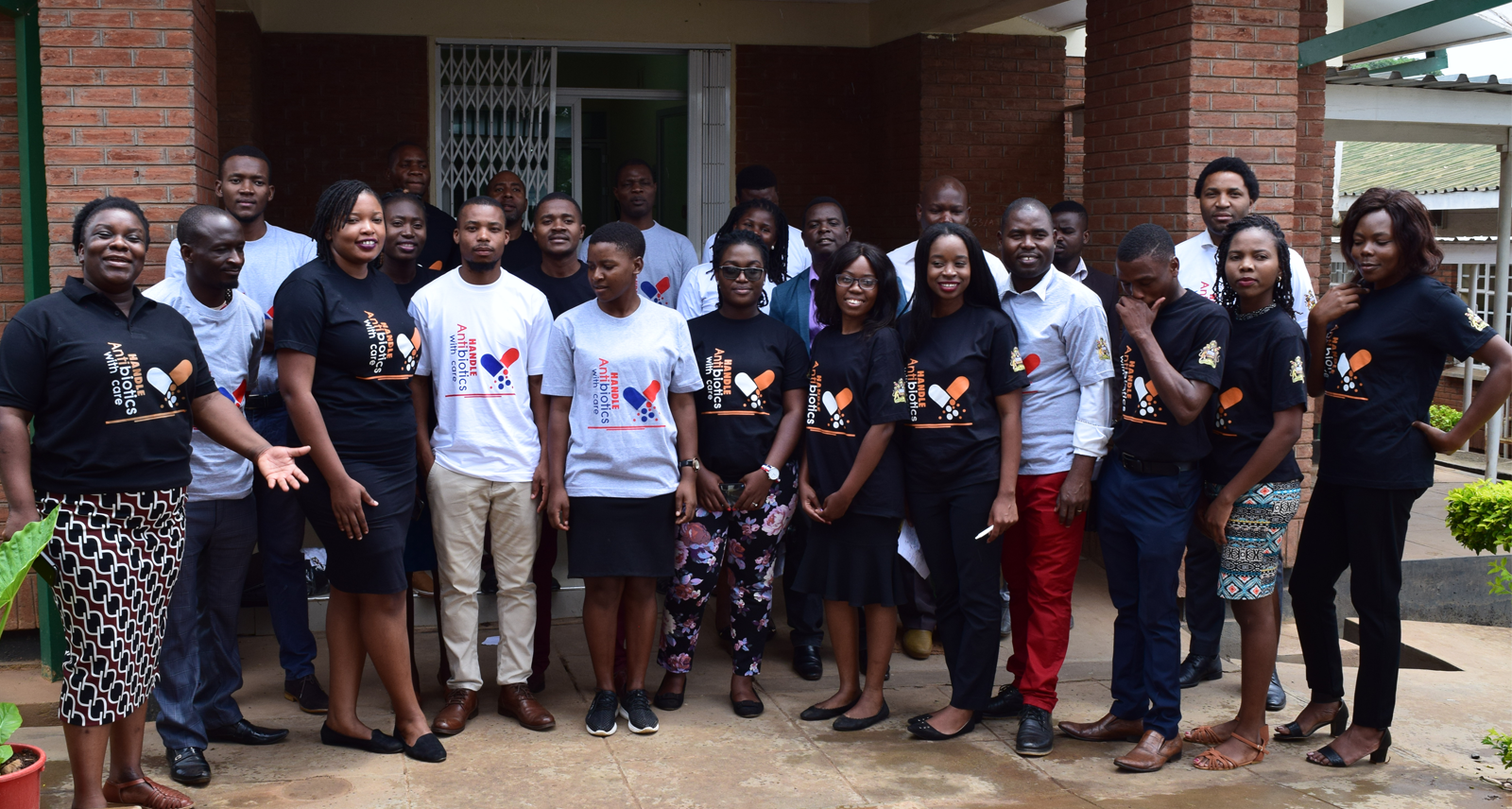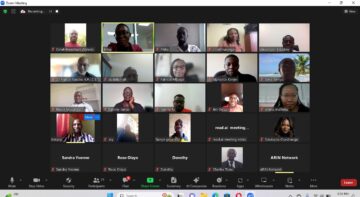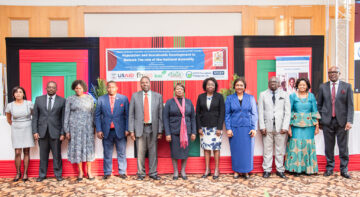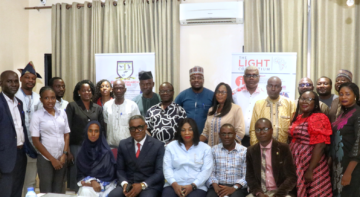News

Everyone has a role to play in bringing awareness to antibiotic resistance. The media has an important role in understanding the issue of antibiotic resistance and disseminating the message accurately to the general public, potentially leading to behavioural and policy change. Share on XTo kickstart World Health Organisation (WHO)’s Antibiotic Awareness Week 2019, Malawi’s Ministry of Health and Population (MOHP), together with key stakeholders, held a press briefing event on 18 November, 2019, at the Public Health Institute of Malawi (PHIM) in Lilongwe, Malawi in a bid to increase media knowledge on antibiotic resistance and its effects as a means of increasing public awareness. This year’s theme for Antibiotic Awareness Week, like in previous years, is ‘Antibiotics: handle with care’.
The aim of the event was to capacity build members of the press that report on health-related issues on antibiotic resistance, as the media is a critical source of information for the public and policymakers.
The African Institute for Development Policy (AFIDEP) was invited to be part of the briefing because of the work MOHP and AFIDEP do on antimicrobial resistance (AMR) through the Drivers of Resistance in Uganda and Malawi (DRUM) project. A key aspect of AFIDEP’s work on DRUM is to explore key actors’ perceptions of the barriers between sectors to sustainable, collaborative development of policy in line with the Malawi antibacterial resistance strategic plan.
Dr Paul Kawale, Knowledge Translation Scientist at AFIDEP, says, “The media plays a critical role in the research-policy-practice continuum. AFIDEP supports One Health in Malawi and Uganda to tackle AMR within the environment, human health and animal health sectors.”
In various presentations made, AMR experts from PHIM reiterated the message that the media’s key role was to set the agenda because of the reach they have. During the discussion, Dr Watipaso Kasambara, Antimicrobial Resistance Coordinator at the Public Health Institute of Malawi, Ministry of Health, said: “Building the capacity of the media is important so that the press can report accurately to achieve the desired behavioural change.” She encouraged the members of the press in attendance to be inquisitive in issues related to antibiotic resistance and to educate themselves further on the subject beyond the day’s training.
Participants were allowed to ask questions and the common queries and misconceptions were that it is the cheap drugs (antibiotics) that become resistant, people in rural areas are most at risk and that there is no vernacular (Chichewa) term for ‘antibiotic’.
“How do we address the people in the rural areas in making sure that they know the dangers of misuse of antibiotics? They can only afford cheap medicine.” – reporter
“How do you translate antibiotic resistance to Chichewa? There is a lack of consensus on what the word “antibiotic” is in Chichewa across the board. What is being done about this?” – reporter
In responding to the questions, PHIM experts pointed out that the issue of antibiotic resistance was, in fact, more prominent in urban areas because people can afford over the counter antibiotics and tend to self-diagnose. Technology has meant that one simply looks up a symptom on Google and they self-medicate. The experts also acknowledged the need for a universal vernacular term for antibiotic in Malawi; however, they cited “mankhwala a antibiotic” as the term most commonly used.
In ending the event, the experts gave participants five takeaway points on antibiotic resistance to start the week:
- Never use leftover antibiotics
- Take full prescription even after feeling better
- Antibiotics don’t treat the flu
- Take antibiotics as prescribed
- Selling antibiotics without a doctor’s prescription promotes antibiotic resistance
The press briefing is one of many activities prepared by PHIM for Antibiotic Awareness Week 2019, the biggest event, “Big Walk”, scheduled for Wednesday 20 November 2019 from 8:30 -11- 30am. It is an awareness walk across Lilongwe city, Malawi where awareness materials, including content prepared by AFIDEP, will be disseminated to the general public.
The DRUM Consortium is a group of researchers seeking to understand more about the spread of AMR between humans, animals, and the wider environment in rural and urban parts of Malawi and Uganda. Ultimately, this information will help identify the best ways to control antimicrobial resistance in Malawi and Uganda.
Related Posts





